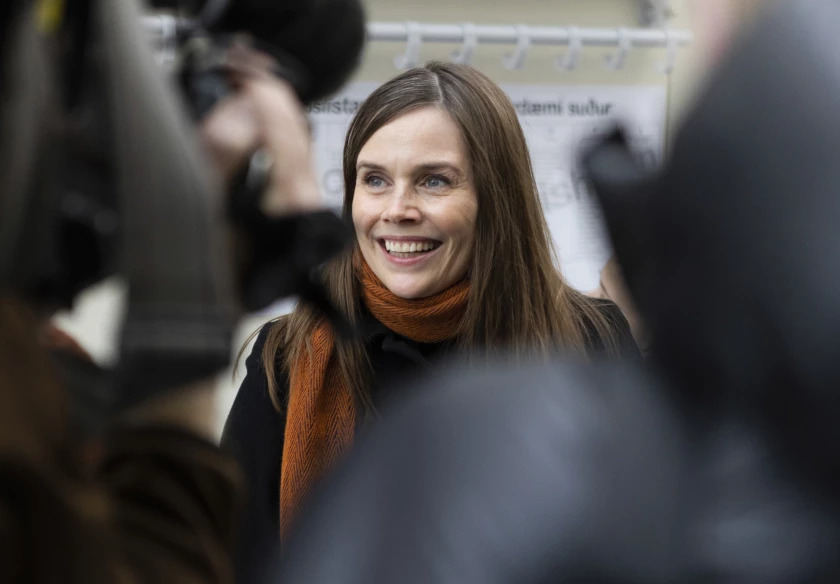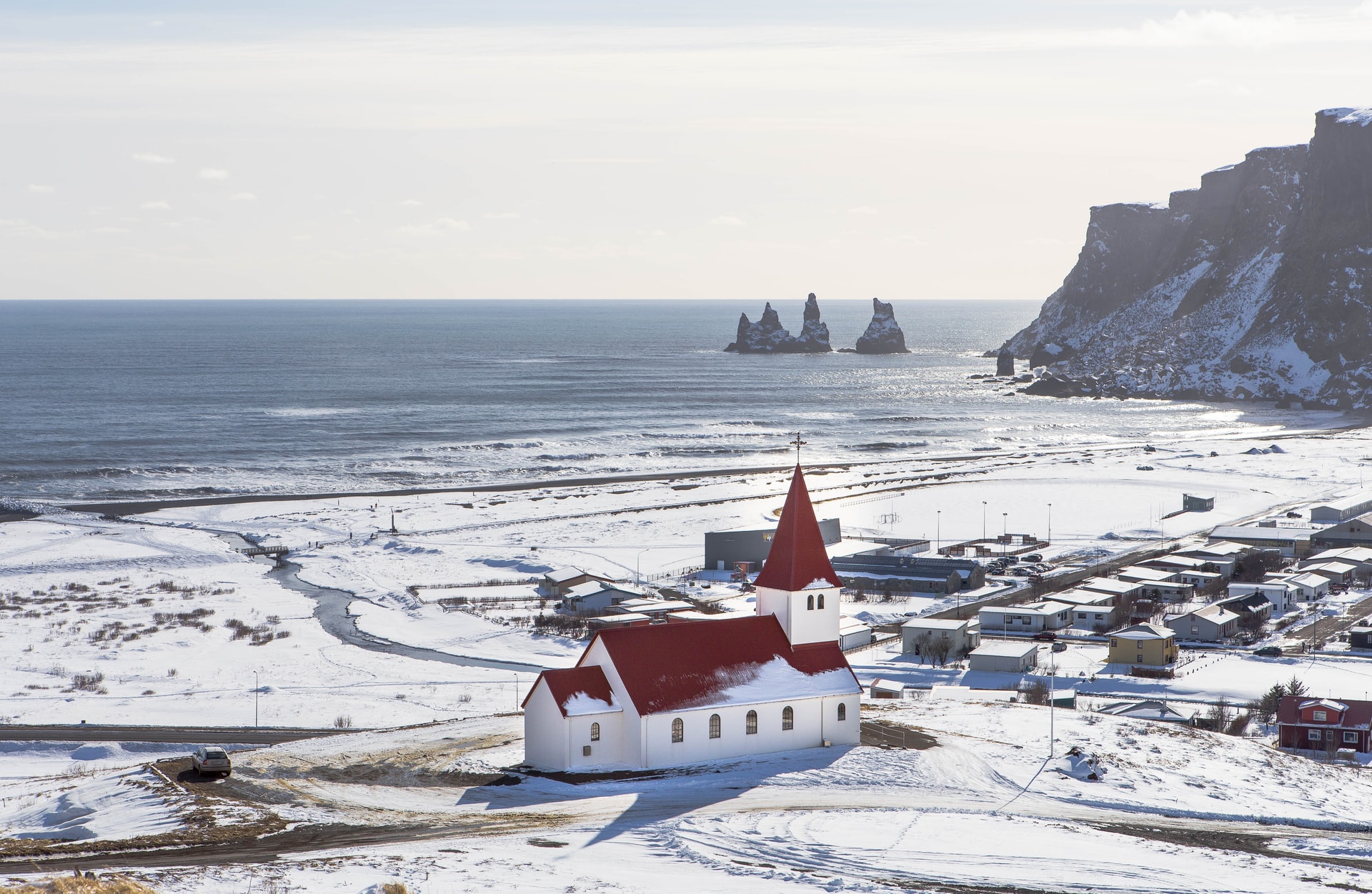
- Better Society -
- 3mins -
- 147 views
Iceland (nearly) elects Europe’s first women-majority parliament
Iceland looked to have elected a woman-majority parliament but state broadcaster RUV reported a recount of votes on Sunday showed there will still be more men than women in the chamber.
Iceland (almost) elects Europe’s first female-majority parliament
The North Atlantic island nation of Iceland briefly celebrated electing a female-majority parliament on Sunday, before a recount cut short the celebrations. The initial vote count had female candidates winning 33 seats in Iceland’s 63-seat parliament, the Althing, in an election that saw centrist parties make the biggest gains. However, a recount hours later in western Iceland changed the outcome, leaving female candidates with just 30 seats, a tally previously reached at Iceland’s second-most recent election, in 2016. Nonetheless, at almost 48% of the total, it is the highest percentage for female lawmakers in Europe.

Iceland will have a male-majority parliament after all, election recount shows
Iceland looked to have elected a woman-majority parliament but a recount of votes on Sunday showed there will still be more men than women in the chamber, state broadcaster RUV reported.
Thirty women were elected to the 63-seat parliament in Saturday’s election, up from 24 in the previous vote. Earlier results before the recount late on Sunday had shown 33 women were elected.
The National Electoral Commission has not published the results on its website and could not immediately be reached for comment.
Only three countries – Rwanda, Cuba and Nicaragua – have more women than men in parliament, while Mexico and the United Arab Emirates have a 50/50 split, according to data from the Inter-Parliamentary Union.
In Europe, Sweden and Finland have 47% and 46% women’s representation in parliament, respectively.
Iceland, a North Atlantic island of 371,000 people, was ranked the most gender-equal country in the world for the 12th year running in a World Economic Forum (WEF) report released in March.
Opinion polls had forecast the governing coalition would fall short of a majority, but a surge in support for the centre-right Progressive Party, which won five more seats than in 2017, pushed the coalition’s total count to 37 seats, according to RUV.
Members of the current government, which consists of Prime Minister Katrin Jakobsdottir’s Left-Green Movement, the conservative Independence Party and the Progressive Party, said before the election they would negotiate continued cooperation if they held their majority.
President Gudni Johannesson said he would not hand a mandate to form a new government to any party but would await coalition talks among the three parties.
The Independence Party remained the biggest in parliament with 16 seats, unchanged from the last election. Party leader and former Prime Minister Bjarni Benediktsson said he was optimistic the three parties could form a coalition and he would not demand that he lead a new government, RUV reported.
The Left-Green Movement got eight seats, down from 11 in the 2017 election, although two parliamentarians left the party shortly after the last election.
Source: Reuters

Only a handful of countries—none of them in Europe—have a majority of female lawmakers
According to the Inter-Parliamentary Union, Rwanda leads the world with women making up 61% of its Chamber of Deputies, with Cuba, Nicaragua and Mexico on or just over the 50% mark. Worldwide, the organisation says just over a quarter of legislators are women.
Iceland’s voting system is divided into six regions and the recount in western Iceland was held after questions about the number of ballots cast. The mistakes have not been entirely explained but are thought to be due to human error.
The three parties in the outgoing coalition government led by Prime Minister Katrin Jakobsdottir won a total of 37 seats in Saturday’s vote, two more than in the last election, and appeared likely to continue in power.
Opinion polls had suggested a victory for left-leaning parties in the unpredictable election, which saw 10 parties competing for seats. But the centre-right Independence Party took the largest share of votes, winning 16 seats, seven of them held by women. The centrist Progressive Party celebrated the biggest gain, winning 13 seats, five more than last time.
Before the election, the two parties formed Iceland’s three-party coalition government, together with Jakobsdottir’s Left Green Party. Her party lost several seats but kept eight, outscoring poll predictions.
The three ruling parties haven’t announced whether they will work together for another term, but given the strong support from voters it appears likely. It will take days, if not weeks, for a new government to be formed and announced.
Source: LATimes

